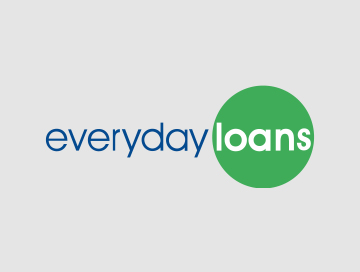Feb 14,2012
UK money lenders for bad credit
Bad credit affects everyone, but there are ways in which you can sort out your financial problems. Find out how UK money lenders for bad credit can help your
Jan 31,2014

It’s important to learn the ins and outs of money management from a young age. Teaching children about finance and money management will help them to save and spend sensibly in later life.
When is the best time to learn about money management?
Although it’s wise to learn financial skills from a young age, the best time to teach children about money management is before they reach high school. This is when a number of kids begin to have their own financial responsibilities and is often the age when children get a part-time job.
Saving over time
Those who begin saving at an earlier age will have a lot more money to play with in later life. The likes of school and college fees, university fees and house deposits don’t pay for themselves. Saving just a small amount a day can add up over the years and those who save regularly will reap the rewards.
Budgeting
Money-management has a lot to do with budgeting and those who know how to budget are those who are able to save.
For example, spending £1.50 on a coffee each and every day of the year will amount to £1000 over twelve months. If you’re trying to save towards something, cutting down on unnecessary luxuries like this is certainly one way to boost your cash-flow.
Boosting your credit score
In order to build a good credit history and get a good credit score, you must prove that you are able to repay borrowed credit. This means sticking to all repayment deadlines for direct debits, bills, credit cards and loans.
Having a good credit score will make it more likely that you’re accepted for credit agreements and loan applications in the future but there are unsecured loans for people with bad credit too so you don’t need to feel excluded if you’ve previously been refused a loan.
Avoiding debt
Money management is also important when it comes to avoiding unnecessary debts. From student loans to credit card bills, if you don’t know how to manage your money then you could find yourself in a large amount of debt.
If you can’t pay this debt back, interest rates will continue to build and you may face bailiff action. Keeping on top of your finances and tackling debt head-on You can get free debt advice by visiting the money advice service.
Posted in Bad Credit, Budgeting, Economy, Personal Finance, Unsecured Loans on Jan 31, 2014.



Feb 14,2012
Bad credit affects everyone, but there are ways in which you can sort out your financial problems. Find out how UK money lenders for bad credit can help your

Mar 22,2021
Understanding your credit score can be tricky but knowing whether you have a good score or not really helps if you are applying for any type of loan. So

Mar 08,2022
Are you looking to improve your financial stability this year? Every January, millions of people across the country commit to improving their finances, hoping to achieve a greater level of stability and oversight of their money. Today we’re covering...
The Everyday Loans News and Blog area is for informational purposes only. The information provided shouldn’t be seen as advice. Using any information in the blogs or news articles is at the reader's risk.
The information posted is accurate and true to the best of Everyday Loans knowledge at the time of publication.
Everyday Loans doesn’t accept liability for the information provided on third-party websites. It reserves the right to edit, amend, or remove any post at any time without notice. The external links in the blogs are not affiliate links, and Everyday Loans won’t receive any commission if the reader clicks on the link.